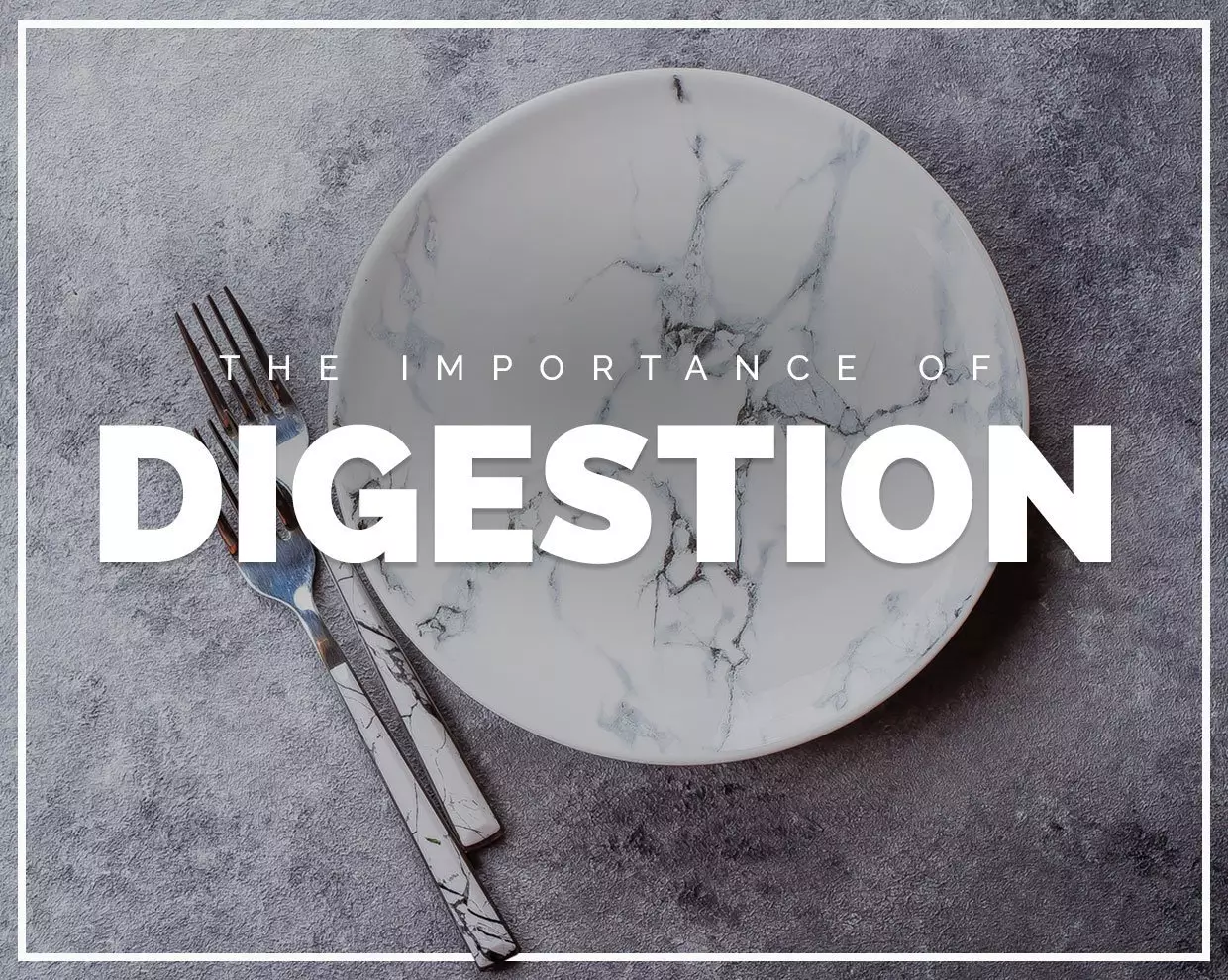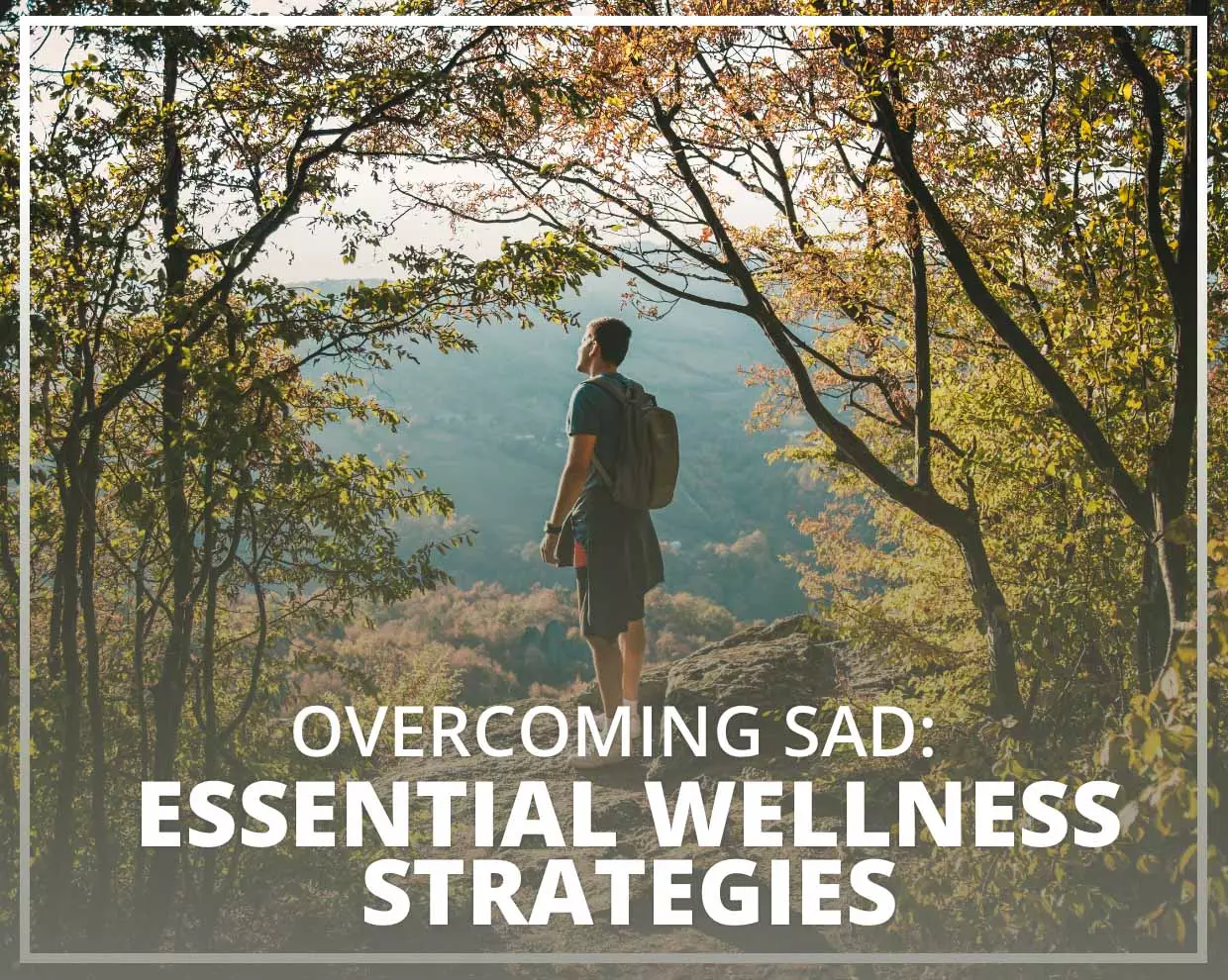The phrase “you are what you eat” is probably one of the most overused slogans in health and nutrition. The quality of your food is important, but a more accurate version might be “you are what you digest and assimilate”. And depending on your overall gut health, what you digest and assimilate may actually be only a small fraction of what you are eating.
Slow eating
Digestion begins in the mouth, so chewing your food slowly and thoroughly is one thing you can do to help the whole digestive process. When it comes to chewing, it’s not just what you eat but how you eat that matters. In a recent study, researchers found that taking small bites, chewing slowly, and pausing between each mouthful helped to regulate appetite - a crucial part of maintaining a healthy weight.
Four reasons to chew slowly:
- Produces more saliva which contains digestive enzymes
- Helps to regulate appetite and satiety
- Gives you the best chance of digesting and assimilating nutrient value from your meals
- Helps you to avoid bloating and digestive issues which can occur when large chunks of food accidentally enter the stomach
Focusing on how you eat is sometimes referred to as eating mindfully. This means sitting down to your meals and paying attention to your food - the tanginess of a lemon, the crunch of raw salad vegetables, the creamy mouthfeel of buttered sweet potato. Eating mindfully makes it easier to listen to your appetite and can help you avoid overeating.
What happens in the stomach
After chewing and swallowing, food passes through the throat and esophagus and enters the stomach which acts as a mixer and grinder. Cells within the lining of the stomach secrete gastric acid, which plays a key role in the digestion and absorption of proteins and helps signal digestive processes downstream.
Normal functioning of the stomach and stomach lining can be disrupted by nutrient deficiencies and pathogens such as Helicobacter pylori (H.Pylori). H. Pylori is the most common chronic bacterial infection in the world(1) and an infection can stop you from absorbing critical nutrients. It is also linked with serious gastric diseases including duodenal and gastric ulcers and stomach cancer(2). For anyone with digestive issues it is worth ruling out both nutrient deficiencies and pathogens.
Small intestine and SIBO
The digestive process continues in the small intestine where enzymes from the pancreas and bile released from bile ducts in the liver further breaks down your food including fats.
The next step is the uptake of nutrients, and this is where the health of your small intestine is particularly crucial. The small intestine contains lots of ridges and folds containing tiny finger like villi. The villi are in turn covered in cells which have microscopic microvilli. These all create a huge surface area in which the assimilation of up to 95% of the nutrients you absorb takes place.
Gluten, chemical toxins and some plant proteins like lectins can weaken the joins between these cells or damage the small intestine creating dysfunction including a “leaky gut”.
Small Intestinal Bacterial Overgrowth or “SIBO” is a condition when there are abnormally large numbers of bacteria in your small intestine. Symptoms can include bloating and constipation and unfortunately this can cause issues with the digestion and assimilation of nutrients. In severe cases SIBO can lead to malnutrition when the digestive process is badly disrupted.
The large intestine
The bowels are the final part of the digestive system which take care of waste disposal. The colon absorbs water and salt from undigested food, creating stools which are then eliminated. The large intestine also maintains a resident population of 500 types of bacteria, which help to make certain vitamins, including Vitamin K.
One of the most common conditions affecting the large intestine is so called Irritable Bowel Syndrome (IBS), which can cause abdominal pain, bloating and ongoing diarrhea and/or constipation. Recent research has linked IBS with the health of gut flora, suggesting that “probiotics appear an attractive option in terms of both efficacy and safety”(3).
Get tested
We offer non-invasive testing for nutrient deficiencies, and pathogen testing including H.Pylori and SIBO through our health coaching service, please get in touch if you are interested.
Heal the gut
We recommend ION*Biome to seal your digestive system and GI tract. Some people find that taking prebiotics, probiotics and digestive enzymes are helpful - depending on your needs we recommend BiOptimizers P3-OM, Smidge® Sensitive Probiotic powder or capsules, and Smidge® Digestive Enzymes.
Having a healthy gut is the best way of ensuring you get the most nutrient value from the foods that you eat and maintain a healthy weight. If you would like more information please contact us on our health coaching page.
References
1. The stomach in health and disease
2. Helicobacter pylori and Gastric Cancer: Factors That Modulate Disease Risk
3. Gut microbiota role in irritable bowel syndrome: New therapeutic strategies

 AU Store
AU Store  UK Store
UK Store NZ Store
NZ Store EU Store
EU Store









